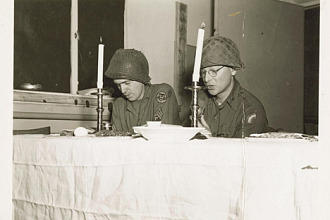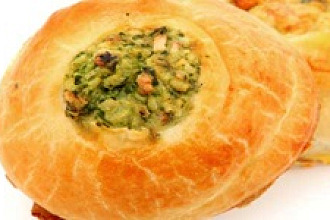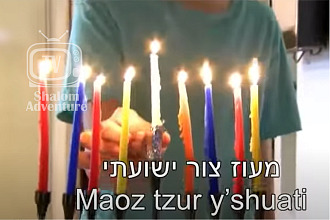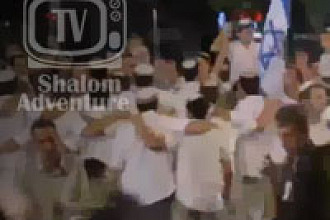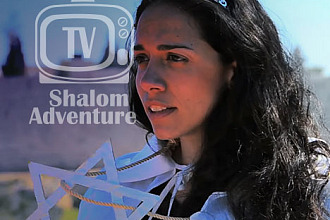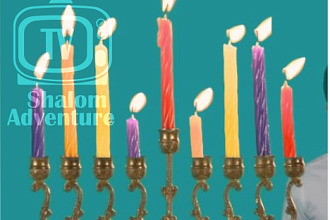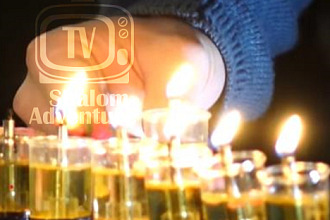Two Lutheran German siblings, Sophie and Hans Scholl, grew up with the typically expected extracurricular activities of the era, such as Hitler Youth, and in Sophie’s case, Bund Deutscher Mädel (the League of German Girls).
Yet, their years at the University of Munich - Sophie as an undergraduate with experience in early childhood education but pursuing studies in biology and philosophy and Hans in medical school - turned their world upside down. It was during their college years the siblings would form the White Rose Movement, a student-led Nazi resistance group, ultimately culminating in their beheadings.
Their parents were not so thrilled about what could be considered treason against Berlin, but Sophie and Hans, along with their friend Christoph Probst and eventually a couple other friends, came to realize fallacies in Nazi propaganda and crafted pamplets explaining their dissenting views and why they did not agree with the Nazi views presented in their college philosophy and psychology classes. Modeled on passive resistance methods employed by African Americans seeking freedom and equality in America, and further inspired by the scripture in James 1:22, “be doers of the word and not hearers only,” the college friends were determined to spread leaflets on such issues of equality, social justice, and democracy, detailing how it is a citizen’s duty to stand up to the tyranny of a brutal government.
“It’s high time that Christians made up their minds to do something,” Hans Scholl said. “What are we going to show in the way of resistance...when all this terror is over? We will be standing empty-handed. We will have no answer when we are asked: What did you do about it?”
The leaflets were distributed among the student population, showing up in in mailboxes, student commons areas, classrooms, dropped from balconies, and created pandamoneum at the time as it was among the first major public dissents against the Nazi Party in all of Germany. Horrified by the murders of Jewish people and what Hans viewed as a soldier in a brief military stint in Russia, ultimately the siblings and a few of their friends co-authored upwards of six different pamphlets over a two year span using a hand operated duplicating machine to mass-produce the material.
“Somebody, after all, had to make a start,” Sophie continued. “What we wrote and said is also believed by many others. They just don’t dare express themselves as we did...How can we expect righteousness to prevail when there is hardly anyone willing to give himself up individually for a righteous cause?”
The pamphlets also made their way to the University of Hamburg. However, Sophie and Hans were arrested in 1943 while distributing leaflets at the University of Munich. Christoph was also arrested shortly later, and also held at Stadelheim Prison. All three were charged with treason in a tribunal at the German Courts and sentenced to death by guillotine, and other friends were sent to concentration camps.
“Until the bitter end, Sophie and Hans Scholl managed a bearing that must be called unique,” Sophie’s interrogator reported. “Both [said] their activities had only one purpose: preventing an even greater calamity from overtaking Germany and, if possible, helping to save the lives of hundreds of thousands...They were convinced their sacrifice was not in vain.”
The Germans did have a small amount of mercy on the college students, granting them one last visit with their parents before their deaths, which is contrary to prison rules. Despite their parents not initially being thrilled about the whole White Rose Movement, their father did express how proud he was of his children.
All the guards and prison staff were deeply touched by the courage of these two college students and their reverent faith in God. “They bore themselves with marvelous bravery,” one German guard even commented.
“God, you are my refuge into eternity,” was supposedly Sophie’s last words as she was led into the execution chamber.


